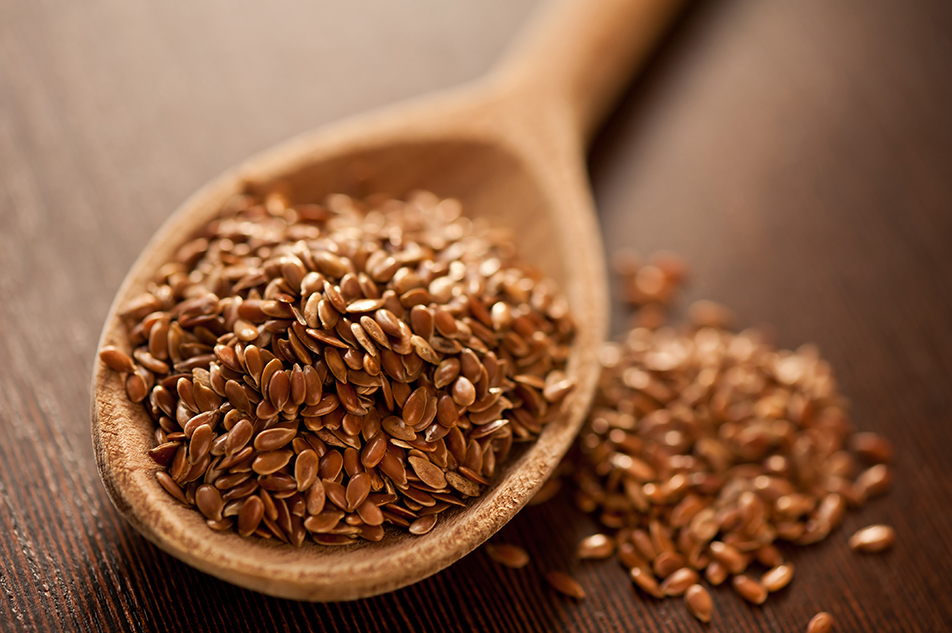
This post was written by Elle Stronczek, RDN, LD, Parkview Health.
What are omega-3 fatty acids?
Omega-3 fatty acids are polyunsaturated fatty acids that are essential for certain functions of the body. The most discussed omega-3s are eicosapentaenoic acid (EPA), docosahexaenoic acid (DHA) and alpha-linolenic acid (ALA).
ALA can be used to synthesize DHA and EPA in the body, but only in small amounts. The body cannot make ALA. Therefore, it is an essential fatty acid that we must obtain through our diets. It’s also important to have dietary sources of EPA and DHA because the body cannot make enough from ALA alone (2). EPA and DHA are both found in animal foods, where are ALA is mainly found in plants.
What are the health benefits of omega-3 fatty acids?
Omega-3s can offer many health benefits like lowering cholesterol and supporting heart health by reducing the risk of heart disease (3). Studies have shown that higher consumption of fish and higher levels of omega-3s in the body are associated with lower risks of heart failure, coronary disease and fatal coronary heart disease (2). The most common foods high in omega-3s are fatty fish like salmon and mackerel, walnuts, chia seeds, flaxseeds or flaxseed oil (1).
What is flaxseed?
Flaxseeds are small, brown seeds that can be purchased at many grocery stores or health food stores. They can be found whole, ground or as an oil. Our bodies have a difficult time digesting whole flaxseed, so if you’re using flaxseed to add omega-3s to your diet try ground flaxseeds or flaxseed oil to reap all the nutritional benefits. Flaxseeds are also an attractive way to add omega-3s to your diet without much effort. Additionally, they are a great source of omega-3s for those who are vegetarian or vegan.
How can flaxseed be added to your diet?
Ground flaxseeds are generally tasteless and can be mixed in yogurt, baked goods, on sandwich spreads and more. Flaxseed oil can be used to make salad dressings or drizzled over foods as you would with other plant oils. Adding flaxseed into your diet can promote health benefits, but always try to maintain a well-balanced diet of fruits, vegetables, lean protein and whole grains.
How much flaxseed should you eat?
There is insufficient data to recommend an exact nutritional requirement of omega-3s, but the recommended intake comes in the form of an Adequate Intake (AI). The AI of omega-3s for most men is 1.6 g/day and 1.1 g/day for women. One tablespoon of flaxseed oil contains 7.26 g of ALA, one tablespoon of ground flax contains 2 g omega-3s and 2 grams of fiber, which is a nice bonus.



